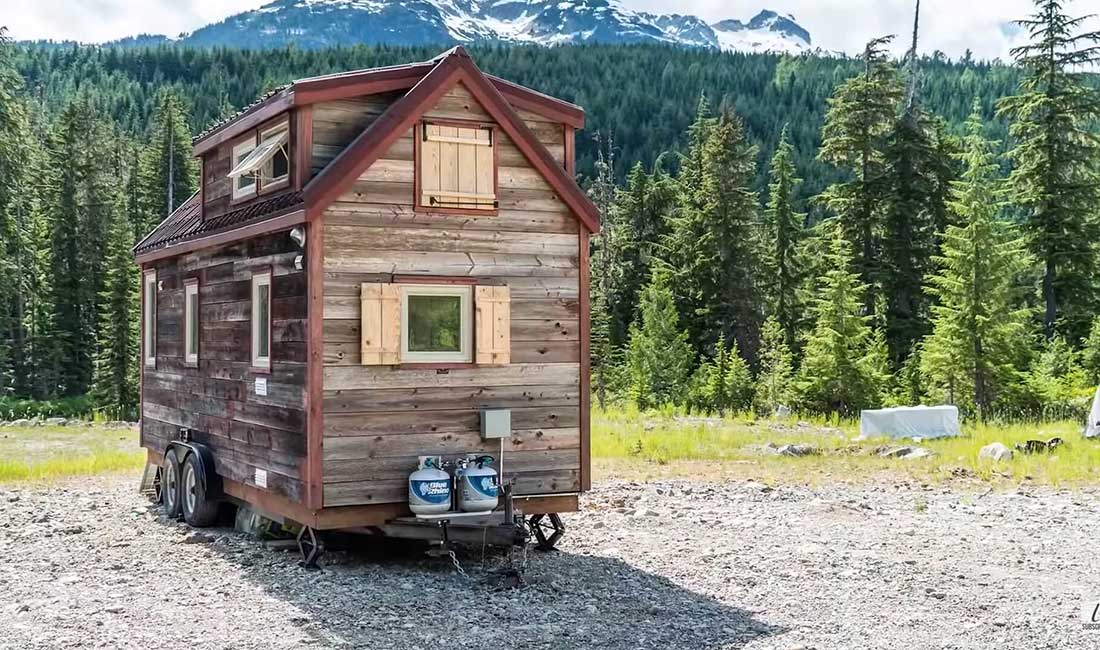When an individual considers investing in real estate, many options present themselves. While thinking of including real estate in your investment portfolio is a smart thing to do, it can be daunting for a rookie investor to jump into as there are so many different options when it comes to real estate investing. With many different product types and solutions, it is easy to get lost. From commercial real estate including self-storage, apartment complexes, office buildings, warehouses, and multiple other commercial uses, to investing in Real Estate Investment Trusts (REITS), or even crowdfunding real estate through new online platforms available, there are many different options.
If you are new to real estate investing, one of the easiest options to get into the game is one you are probably already familiar with – single-family homes. A single-family residence means a property has one unit, such as a single condo, townhome, or house. This investment will produce one rent stream, but it will have simpler operating expenses and management than a commercial investment would. As opposed to a REIT or Crowdfund, a single-family home has more positives for some of the reasons to be outlaid within this article.
Simplicity
A house is simple. You maintain the premises and you deal with typically one single tenant. If your home becomes vacant, you just have to lease to one tenant rather than deal with multiple tenants. With just having one unit, you also limit your exposure to massive maintenance headaches. Replacing the roof on a large warehouse would be much more of a hit than replacing the roof on one single family home, for instance. In many cases, most of the costs can be passed down to the renter – this includes utilities, lawn care, and sometimes even taxes and insurance depending on the arrangement you have with your renter.

Appreciation
A major benefit of owning a single family home is the opportunity for appreciation. While most commercial sized investments increase in value based on the cash flow they produce, single family homes also produce cash flow, but their value is traditionally based on the market they exist in. If you purchase a home in a neighborhood or city with a strong real estate market expected to grow and increase in demand, then the home will increase in value as it becomes more desirable, because individuals will likely be buying this home to live in rather than as an investment. This allows you to enjoy the cash flow while you own the property and large gains on the exit of the property.
Exit
Exiting a real estate investment can be a major undertaking fraught with tax consequences. Exiting a commercial investment can be difficult, especially in tough market conditions as the buyer pool is limited to only investors or users of the real estate. A home is a different situation in that everyone needs a place to live, so the buyer pool is much larger. If you have purchased a home in a growing market, disposing of your investment will not be troublesome.
Whether you are new to real estate investing, or you are an experienced investor – adding single family homes can be a way to increase your net worth, your cash flow potential, and allow you the opportunity to capitalize upon appreciation.
James Lomax. Photo: Adobe









